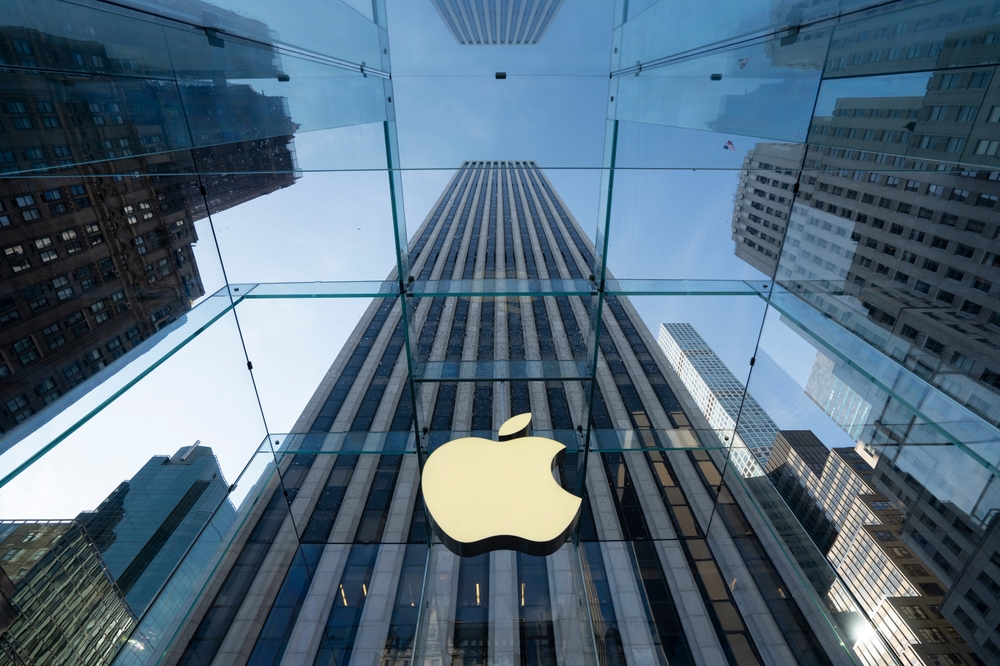
The UK’s Competition and Markets Authority (CMA) has launched a formal investigation into Apple’s mobile browser policies, claiming that the tech giant’s restrictions hinder competition and innovation. The CMA’s provisional findings highlight Apple’s closed ecosystem as a significant barrier for third-party browsers on iOS, limiting developers’ ability to offer new and improved features.
CMA’s Findings Point to Innovation Roadblocks
Following a detailed inquiry into browser competition on both iOS and Android platforms, the CMA board has expressed concerns about the monopolistic control exerted by Apple and Google over mobile browsers. Third-party browser developers have complained that Apple’s strict requirement to use its proprietary WebKit engine restricts them from implementing advanced features, such as faster webpage loading times. As the board’s statement reads, “Apple’s rules restrict other competitors from being able to deliver new, innovative features that could benefit consumers.”
This is a stark contrast to Apple’s defense, in which the company argues that its restrictions are essential for ensuring the security, privacy, and performance of iOS devices. The company contends that competition is thriving, as third-party browsers, including those offering ad-blocking and VPN services, are available. However, the CMA’s findings reveal that many developers feel stifled by Apple’s rigid platform controls, citing specific features like Progressive Web Apps (PWAs) that are not fully supported on iOS.
New Laws Provide CMA Extra Power to Enforce Action
The investigation comes amid the enforcement of the Digital Markets, Competition, and Consumers Act (DMCC) passed earlier this year, which grants the CMA new powers to impose significant fines on companies with “Strategic Market Status.” This includes the potential to fine offending companies up to 10% of their global revenue—a provision intended to curb anti-competitive practices by tech giants.
Under this law, the CMA can designate companies with entrenched market power as being strategically important, thus holding them accountable for actions that restrict competition. This power is seen as a countermeasure to the near-immunity Big Tech companies, such as Apple, have enjoyed in jurisdictions like the United States.
Next Steps for CMA and Apple’s Future in the UK
The CMA’s next step is a public consultation on its provisional findings, which will remain open until December 13. Following this, the body is expected to issue a final ruling by March 2025. In the meantime, Apple continues to argue that its policies are in place to protect users, claiming no significant developer complaints have been raised over its browser rules.
For more details, read the full article here.




